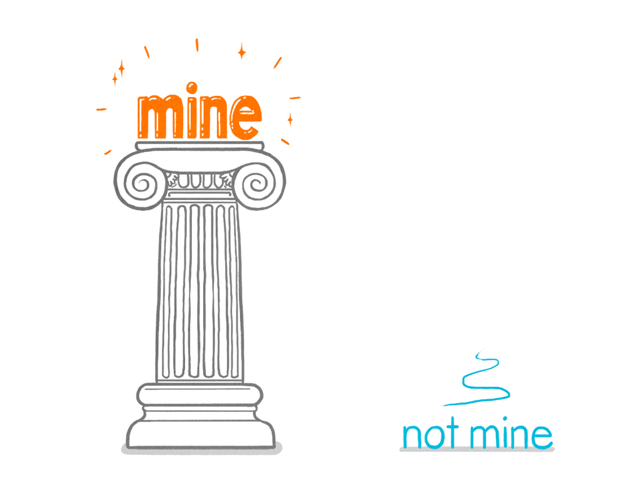
Endowment effect

The endowment effect describes how people tend to value items that they own more highly than they would if it did not belong to them. This means that sellers often try to charge more for an item they own than it would cost elsewhere. The endowment effect is often considered a special case of loss aversion, such that selling an item would lead us to focus on the loss of something we own, as opposed to the gain of the sale. The result of this leads to a higher value of an item one already owns (i.e. the endowment effect). An alternative explanation for the endowment effect is inertia (i.e. one's preference to their current state). Seller's ask for higher prices to account for their preference to "do nothing" and not sell.
Relevant Academic Papers
- Gal, D. (2006). A psychological law of inertia and the illusion of loss aversion.
- Kahneman, D., Knetsch, J. L., & Thaler, R. H. (1991). Anomalies: The endowment effect, loss aversion, and status quo bias. Journal of Economic perspectives, 5(1), 193-206.
